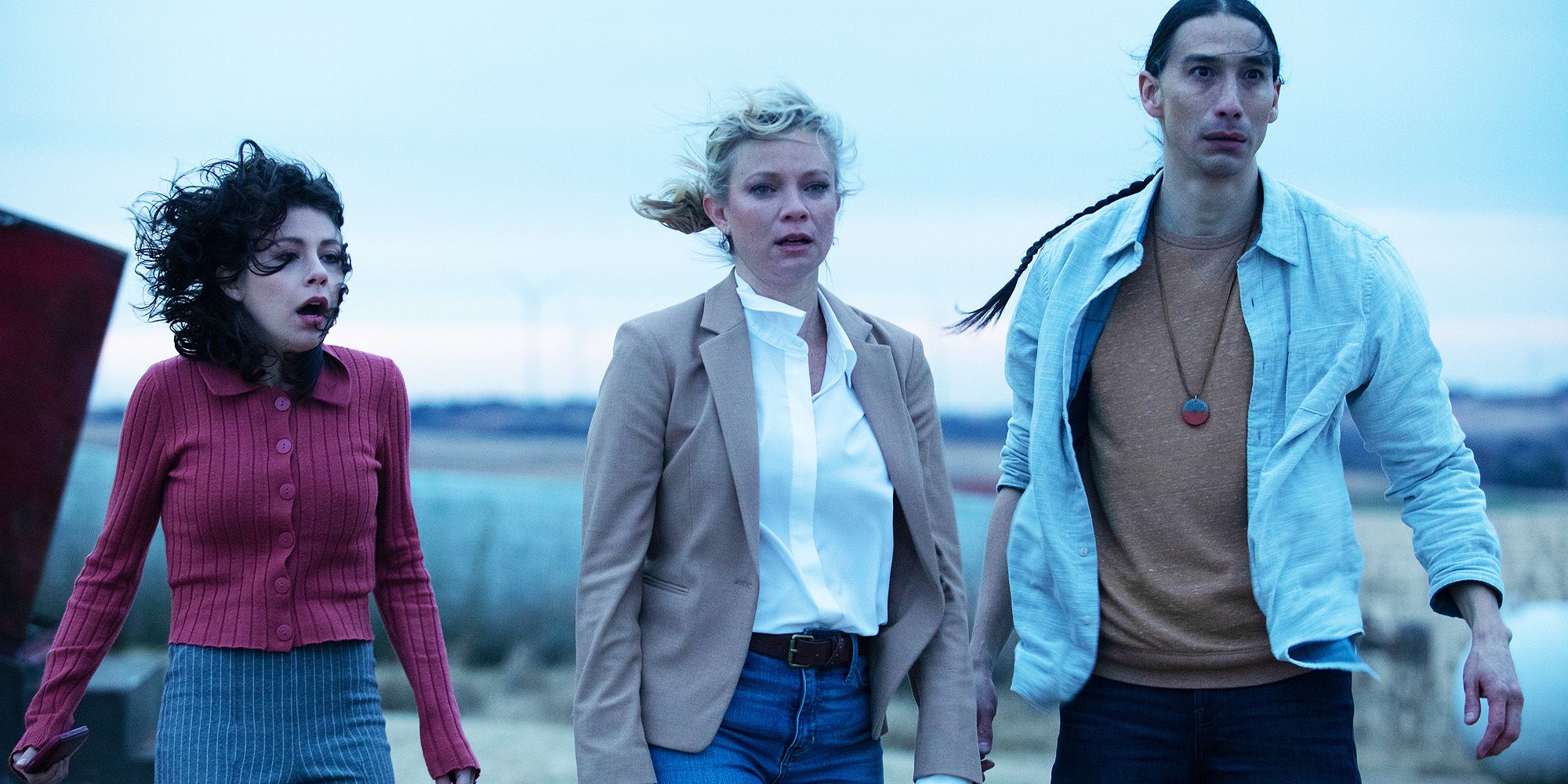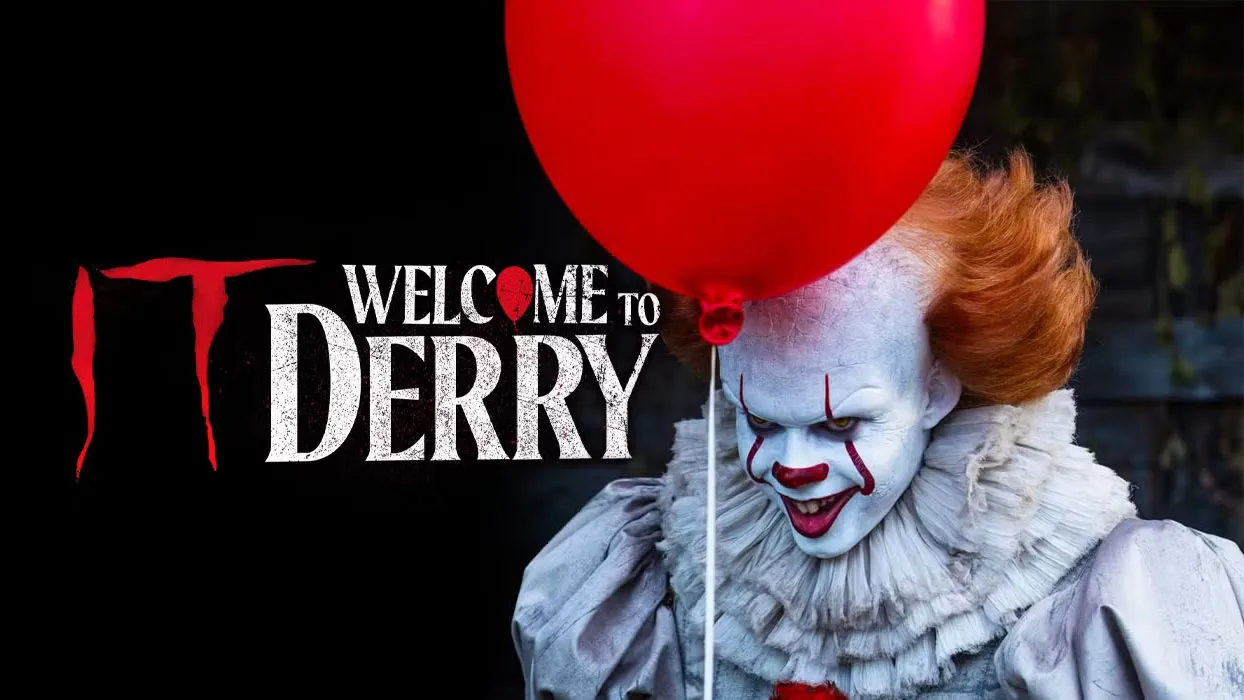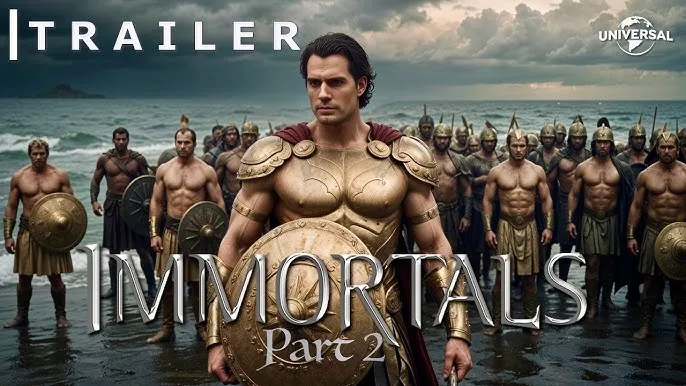In 13 minutes, everything can change—your home, your truth, your future
13 Minutes (2021) is a gripping disaster drama that combines small-town tensions, personal secrets, and environmental terror into a 90-minute ticking clock of human resilience. Set against the looming threat of a devastating tornado, the film explores how much can change in the final 13 minutes before your world is ripped apart—and who you really are when there's no time left to pretend.
Set in the quiet Midwestern town of Minninnewah, the story follows four families, each dealing with personal struggles that seem overwhelming… until nature delivers something far worse. There’s the immigrant farmworkers hiding in plain sight, a single mother (Amy Smart) grappling with raising a deaf child, a pregnant teenager (Sofia Vassilieva) stuck between love and reputation, and a conservative politician (Anne Heche) torn between image and empathy. As the clock ticks down, the coming tornado becomes more than just a storm—it becomes a reckoning.

Directed by Lindsay Gossling, 13 Minutes thrives not on CGI spectacle, but on emotional stakes. The tornado sequence is intense and realistic, but the true power of the film lies in its build-up: the quiet moments of unease, the distant sirens, the way unresolved conversations suddenly become life-or-death. And when the twister hits, it doesn't just flatten buildings—it exposes truths and tests what survival really means.
What makes 13 Minutes stand out in the disaster genre is its human focus. Instead of relying on heroic stereotypes, it gives us flawed, everyday people facing both internal and external storms. The film explores themes of immigration, identity, LGBTQ+ acceptance, and motherhood—but without losing its pace or sense of urgency. And while not every subplot lands perfectly, the emotional sincerity gives the movie more weight than expected.

In the aftermath, the survivors must confront not only what they've lost, but how they will live differently—if they’re lucky enough to keep living at all.
13 Minutes reminds us that disasters don’t discriminate—but they do reveal who we really are.



